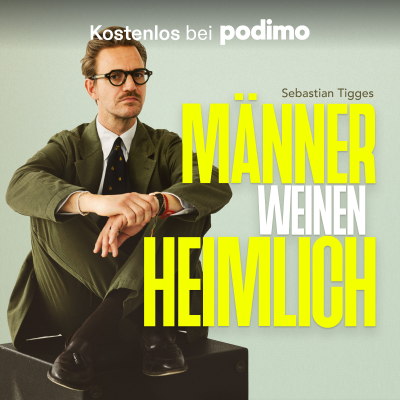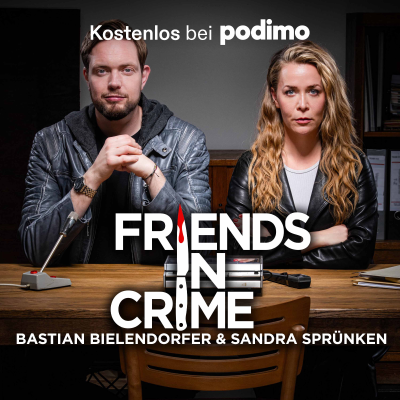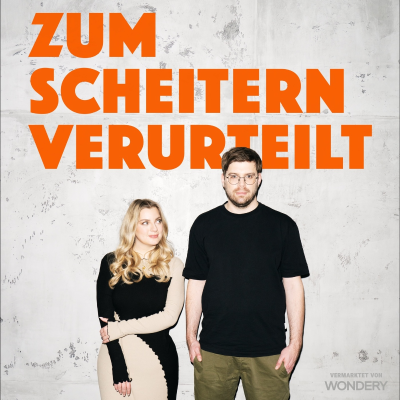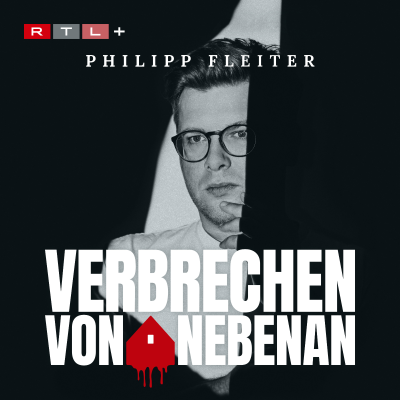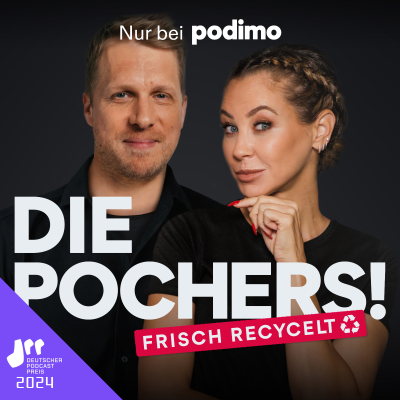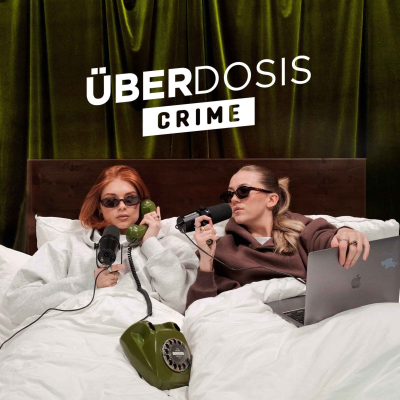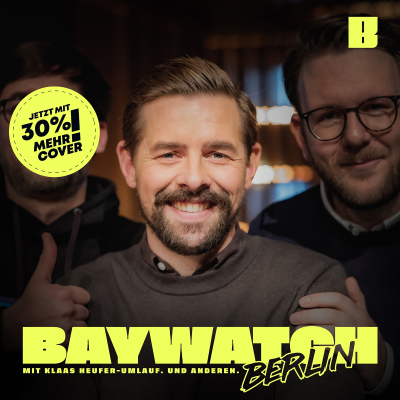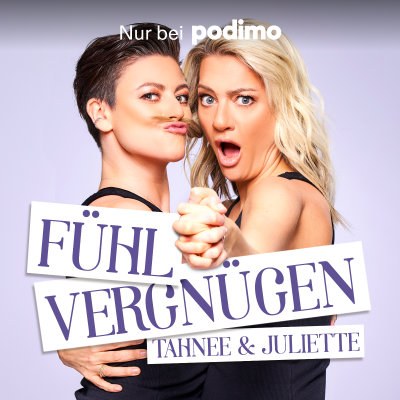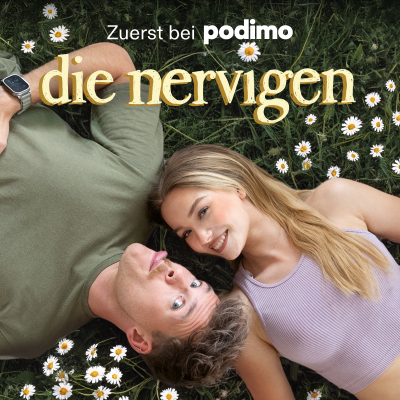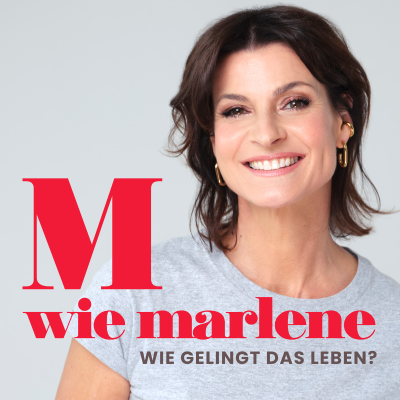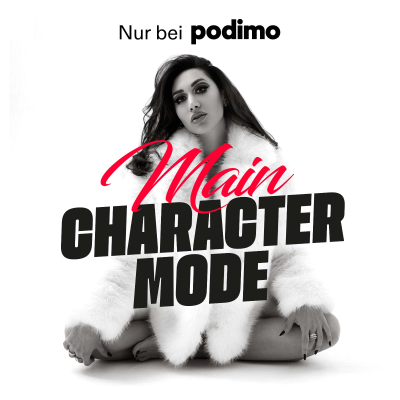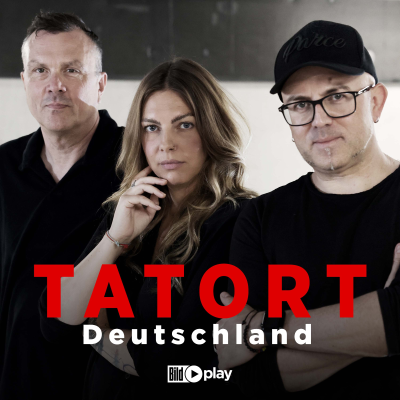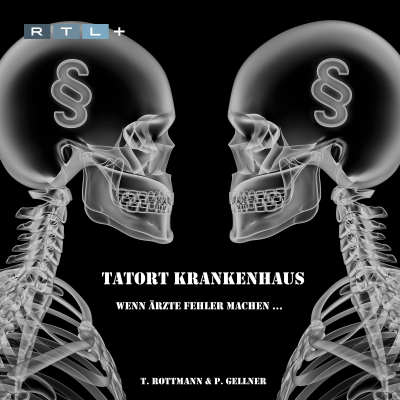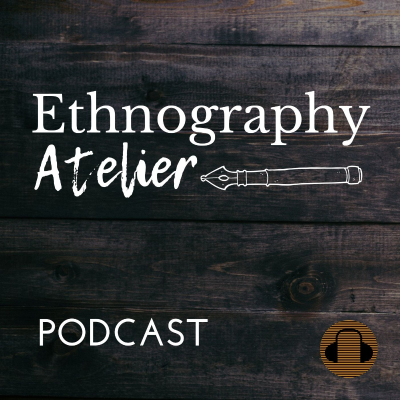
Ethnography Atelier Podcast
Podcast von Ethnography Atelier
Nimm diesen Podcast mit
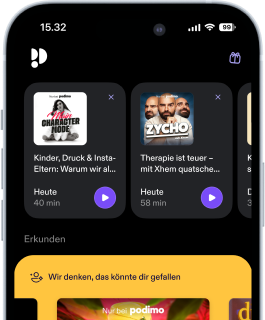
Mehr als 1 Million Hörer*innen
Du wirst Podimo lieben und damit bist du nicht allein
Mit 4,7 Sternen im App Store bewertet
Alle Folgen
20 FolgenHow can you move from the Gioia Method to the Gioia Gestalt? In this episode, Shubha Patvardhan explains how to generate insights from qualitative data, contextualizing the role of coding and coding structures in a variety of other practices that accompany and enhance coding. Shubha also shares how her artistic and meditation practices influence her approach to research. Her wishes for our community: Be Bold, Be Creative, Be Kind. Shubha Patvardhan [https://www.iimb.ac.in/user/230/shubha-patvardhan] is an Associate Professor of Strategy at the Indian Institute of Management Bangalore and previously a faculty member at the Alfred Lerner College of Business & Economics at University of Delaware. Shubha’s research interests are in the domains of strategy-making and managerial and organizational cognition, including identity, image, sensemaking, and future-oriented thought and action. Her recent work explores the strategy-making processes involved in firms that not only seek to engage with the future, but also to actively try to shape it. She received her PhD from the Smeal College of Business at Pennsylvania State University. Further reading: Gioia,D. A., Corley, K. G., & Hamilton, A. L. (2013). Seeking Qualitative Rigor in Inductive Research: Notes on the Gioia Methodology. Organizational Research Methods, 16(1), 15–31.
In this short episode, our team thew a virtual retirement party for Pedro Monteiro! Listen in as Pedro reflects on his podcasting and academic journey. Ethnography Atelier podcasts will continue and stay tuned for our upcoming episodes. Thank you Pedro! 🎉 Pedro Monteiro is an Assistant Professor at Copenhagen Business School and Visiting Fellow at Gothenburg University. Previously, he was a post-doctoral fellow at the EM Lyon Business School. He holds a Ph.D. in Business and Management from Warwick Business School. He is also the representative-at-large in the OMT Division at AOM. His research examines how organizations develop, recognize and integrate expertise and the social (dys)functions of bureaucracy via qualitative methods, including ethnographic approach. The empirical settings he studied include the aeronautics industry, public sector, and cybersecurity.
In this episode with Anna Kim, we discuss some principles around doing fieldwork with respect, especially in settings and populations with low economic resources. Our conversation focuses on how we approach such places and people in ways that declutter our cultural assumptions and appreciate them in their own terms, or closer to that, thus potentially generating more appropriate and impactful insights. Anna Kim [https://www.mcgill.ca/desautels/anna-kim] is an Associate Professor in Management for Sustainability and Peter Brojde Faculty Scholar in Entrepreneurship at the Desautels Faculty of Management, McGill University. She holds a Ph.D. in management studies from the University of Cambridge. Before her academic career, Anna worked for Oxfam International and other international development agencies. Her research interests include organizing for sustainability, social entrepreneurship, and linguistic inclusiveness in organizations. She has explored such topics through ethnographic and qualitative studies in various places, many characterized by resource constraints. These include tea and coffee producer organizations in Kenya, Uganda, Tanzania, and Nepal, as well as start-ups in post-industrial Detroit. Further information * Koo, E. J. & Kim, A. (2024) "Linguistic Inclusiveness in Organizations: A Russophone Bank in Post-Soviet Kazakhstan.” Academy of Management Journal, doi: 10.5465/amj.2020.1226. * Kim, S. & Kim, A. (2022) "Going viral or growing like an oak tree? Towards sustainable local development through entrepreneurship." Academy of Management Journal, 65 (5): 1709–1746. * Kim, A., Bansal, P., & Haugh, H. (2019) “No time like the present: How a present time perspective can foster sustainable development.” Academy of Management Journal, 62 (2): 607–634.
In this episode, we talk with Michel Anteby about access. In particular, the resistance that field workers may face and how such a process may, in reality, offer invaluable insights into the social world being studied. In our conversation, Michel elaborates on the challenges and promises of research settings that may be hard to access, reflects on the ethical limits of fieldwork, and shares tips about selecting and immersing oneself in the culture of occupational groups and organizations. Michel Anteby [https://www.bu.edu/questrom/profiles/michel-anteby/] is a Professor of Management & Organizations at Boston University’s Questrom School of Business and (by courtesy) Sociology at Boston University’s College of Arts and Sciences. He also co-leads Boston University’s Precarity Lab. Michel’s research looks at how individuals relate to their work, their occupations, and the organizations they belong to. He examines the practices people engage in at work that help them sustain their chosen cultures or identities. In doing so, his research contributes to a better understanding of how these cultures and identities come to be and manifest themselves. Studied populations have included airport security officers, anesthesiologists, clinical anatomists, factory craftsmen, ghostwriters, puppeteers, and subway drivers. Further information: * Anteby, M. (2024). The interloper: Lessons from resistance in the field. Princeton University Press. * Anteby, M. (2015). Denials, Obstructions, and Silences: Lessons from Repertoires of Field Resistance (and Embrace). In Handbook of Qualitative Organizational Research (pp. 197-205). Routledge. * Bourmault, N., & Anteby, M. (2023). Rebooting one’s professional work: The case of French anesthesiologists using hypnosis. Administrative Science Quarterly, 68(4), 913-955. * Anteby, M., & Occhiuto, N. (2020). Stand-in labor and the rising economy of self. Social Forces, 98(3), 1287-1310. Anteby, M. (2010). Markets, morals, and practices of trade: Jurisdictional disputes in the US commerce in cadavers. Administrative Science Quarterly, 55(4), 606-638.
In this episode, we talk with Madeleine Rauch about diary methods, especially unsolicited diaries for research in organization and management. Madeleine tells us about her experience with such an approach, how diaries can be combined with other sources of data, and the questions that they help us answer. Our conversation also features practical insights about how to keep one’s data secure, as well as reflections on the tendency in social sciences to rely on verbal data sources and how focusing on diaries can elicit new ways of approaching existing topics and open up new ones. Madeleine Rauch is an Associate Professor of Strategy and International Business at the University of Cambridge, Judge Business School. Her research focuses on the strategies and challenges faced by people working and living in challenging contexts, such as undocumented individuals in the U.S., medical professionals during the recent COVID pandemic, and soldiers in war zones like Afghanistan, Iraq, Yemen, and South Sudan. Further information: * Rauch, M, & Ansari, S. (2022). “Waging war from remote cubicles: How workers cope with technologies that disrupt the meaning and morality of their work.” Organization Science 33 (1), 83-104. * Rauch, M, & Ansari, S. (2022). “Diaries as a methodological innovation for studying grand challenges.” Research in the Sociology of Organizations. Organizing for societal grand challenges. Emerald Publishing Limited, 205-220.
